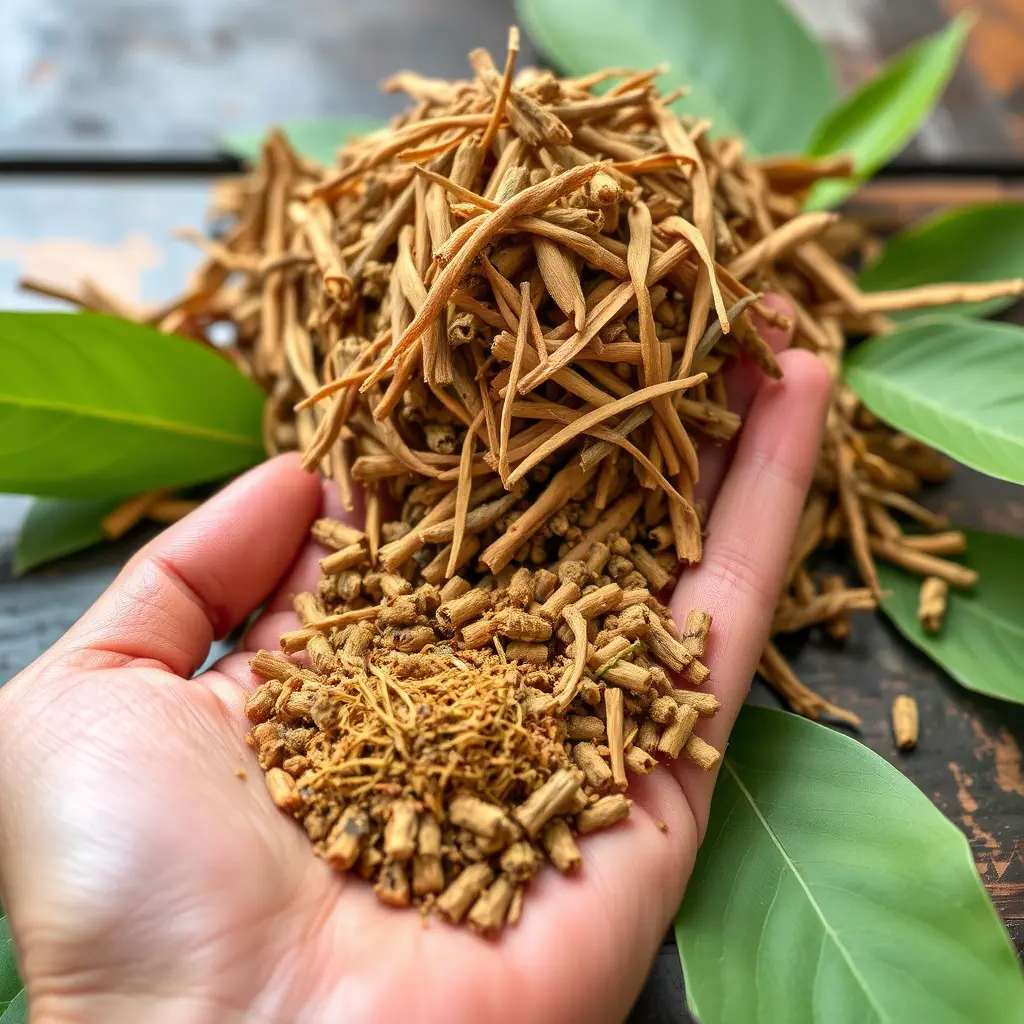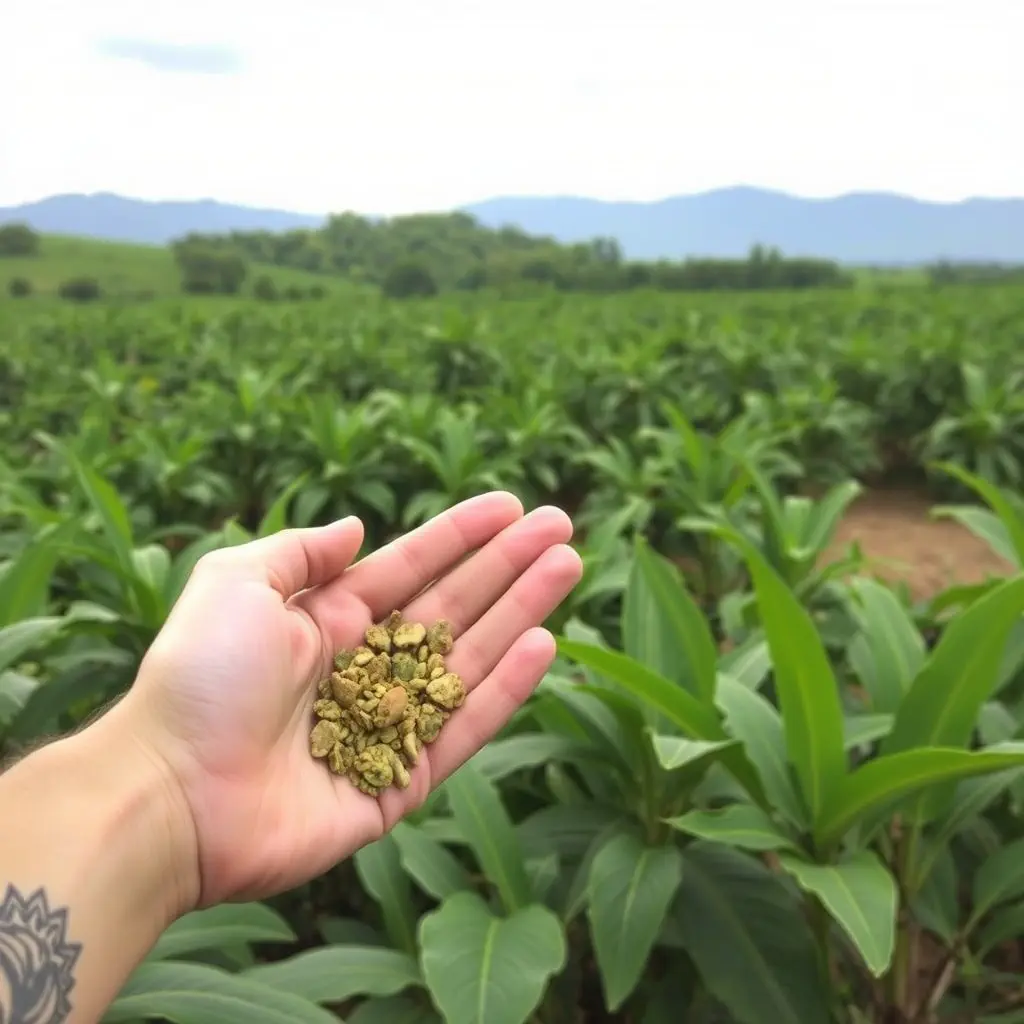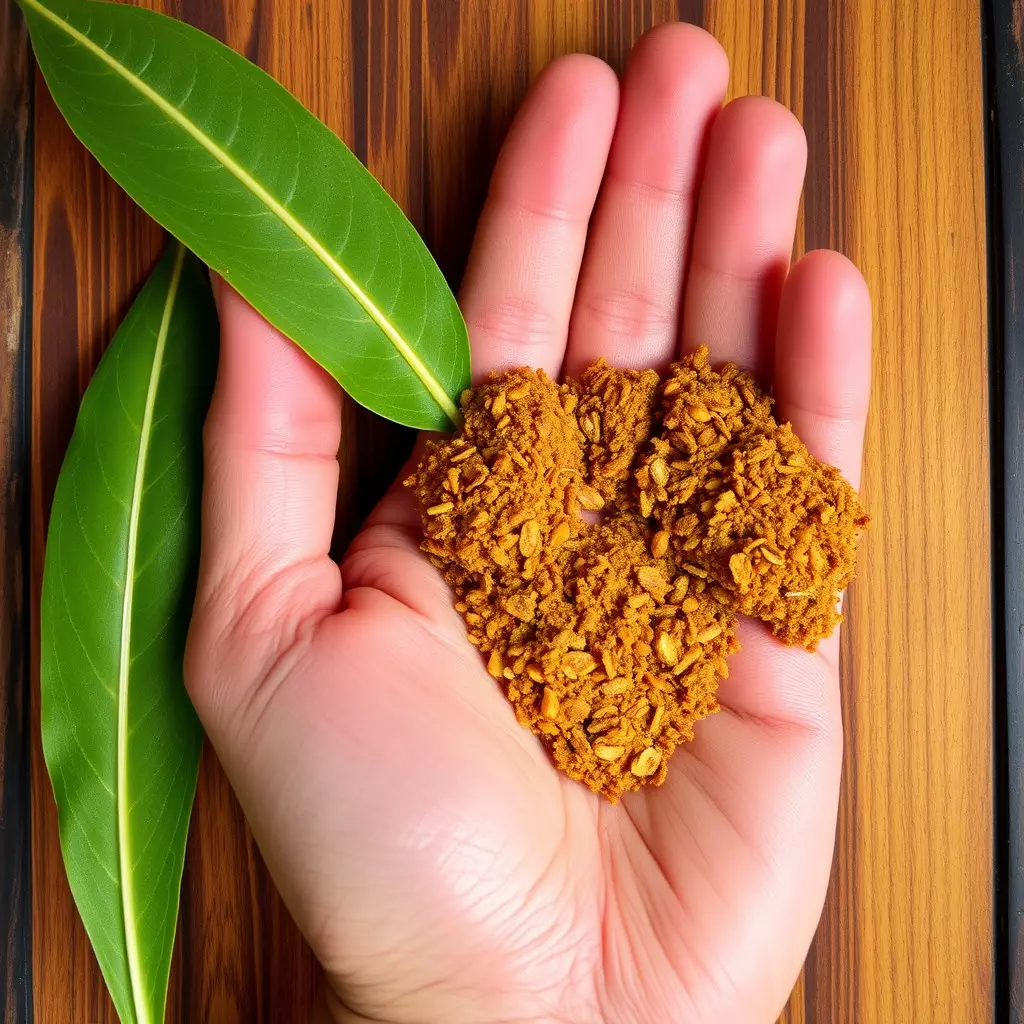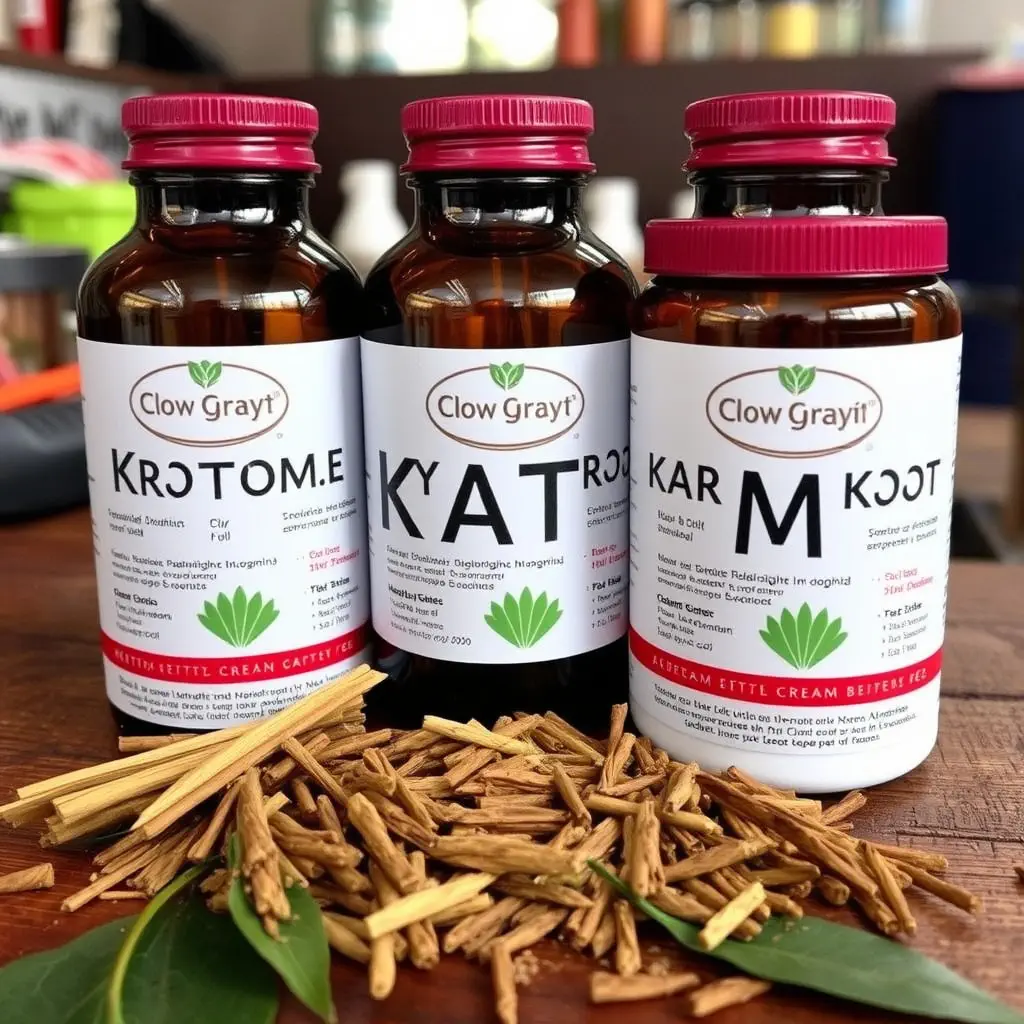White Vein Kratom Powder, sourced from the Mitragyna speciosa tree, is a botanical product known for its distinct effects with uplifting and energizing properties that may enhance mood without causing jitteriness. The alkaloids mitragynine and 7-hydroxymitragynine found in White Vein Kratom engage with opioid receptors, similar to traditional stimulants but with different effects. As of early 2023, the legal status of kratom is complex and varies by state, particularly in Massachusetts, where it remains legally accessible despite existing within a regulatory gray area at the state level. The future of kratom's legality continues to be a subject of debate and legislative review at both state and federal levels, with users advised to exercise caution, adhere to dosage recommendations, and consult healthcare professionals for safe use. It's important for consumers in Massachusetts to stay informed about the evolving legalities surrounding kratom due to the potential changes in local regulations.
Exploring the nuanced world of herbal supplements, this article takes a comprehensive look at White Vein Kratom Powder, a botanical substance that has garnered attention for its purported effects and diverse uses. As we navigate through its composition and the potential benefits it offers, we’ll also address the legal status of kratom in Massachusetts, shedding light on how it stands under current federal regulations. Understanding the role of alkaloids within this particular strain is key to grasping why users may turn to White Vein Kratom Powder for various reasons. We’ll guide you through proper dosage and safety precautions to ensure a responsible approach to its consumption. Additionally, we’ll provide insights on how White Vein Kratom Powder differs from other kratom varieties, offering a comparative analysis that may inform your choice. For those considering its use, we’ll highlight tips for selecting high-quality products and share user testimonials to give you a well-rounded view of real-world experiences. Lastly, we’ll answer some of the most common FAQs regarding its legality in Massachusetts, ensuring you’re well-informed on this subject.
- Understanding White Vein Kratom Powder: An Overview of Its Composition and Effects
- Legal Landscape: The Status of Kratom in Massachusetts and Federal Regulations
- Exploring the Potential Benefits and Uses of White Vein Kratom Powder
Understanding White Vein Kratom Powder: An Overview of Its Composition and Effects

White Vein Kratom Powder, sourced from the leaves of Mitragyna speciosa trees native to Southeast Asia, is a botanical substance that has garnered attention for its various effects. The “white vein” refers to the appearance of the veins in the matured kratom leaves at the time of harvest, and it is one of the several types of kratom, with others including red and green vein varieties. The composition of White Vein Kratom includes a complex blend of alkaloids, such as mitragynine and 7-hydroxymitragynine, which are believed to interact with the body’s opioid receptors and may contribute to its effects.
Users report a range of stimulating and uplifting experiences from White Vein Kratom Powder, often described as energizing without the jitteriness associated with some caffeinated products. It is typically used for mood enhancement and to promote mental clarity and focus. The effects are generally felt within 10 to 25 minutes after ingestion and can last several hours, making it a popular choice for individuals seeking an alternative to conventional stimulants. As of the knowledge cutoff in early 2023, the legal status of kratom varies across the United States, with some states including Massachusetts having specific regulations. In Massachusetts, as with many places, the legality of kratom is a subject of ongoing debate and legislative consideration. It’s important for consumers to stay informed about their local laws, as the legal landscape can shift and impact access to products like White Vein Kratom Powder. Users should always prioritize safety by adhering to dosage guidelines and consulting with healthcare professionals before incorporating it into their wellness routines.
Legal Landscape: The Status of Kratom in Massachusetts and Federal Regulations

White Vein Kratom powder, a derivative of the Mitragyna speciosa tree, has been a subject of debate and regulation across various jurisdictions in the United States. In Massachusetts, the legal status of Kratom has undergone several changes, reflecting the ongoing efforts to regulate this botanical substance. As of recent updates, Kratom is legal in Massachusetts, though it falls under a gray area due to state legislation that doesn’t explicitly address its sale or use. This leaves room for local municipalities to establish their own regulations, leading to some cities and towns having stricter controls than others. At the federal level, the Drug Enforcement Administration (DEA) has placed Kratom in the Schedule I category of controlled substances, which would have made it federally illegal if not for a significant public response that led to a reversal of this decision. Currently, Kratom remains unscheduled at the federal level, but its future is uncertain as regulatory bodies continue to evaluate its safety and potential benefits against the risks associated with its use. The disparity between state and federal regulations creates a complex legal landscape for consumers and vendors alike, emphasizing the importance for individuals to stay informed about the current status of Kratom in their specific area.
Exploring the Potential Benefits and Uses of White Vein Kratom Powder

White Vein Kratom Powder, a derivative of the Mitragyna speciosa tree native to Southeast Asia, has been the subject of growing interest within botanical supplement communities. This particular strain is recognized for its unique alkaloid profile, which may contribute to its potential benefits. Users often report that White Vein Kratom can support mood enhancement and cognitive clarity, making it a popular choice for individuals seeking natural alternatives to stimulate their daily routines. The effects are said to be uplifting and energizing without the jittery sensations associated with caffeine or other stimulants.
As with any supplement, the legality of Kratom varies by region. In Massachusetts, Kratom is currently legal at the state level; however, it’s essential to stay updated on local laws as they can change. The Massachusetts Department of Public Health advises caution and notes that the FDA has not approved Kratom for any medical use. Users interested in incorporating White Vein Kratom Powder into their regimen should do so responsibly and consider consulting with a healthcare provider, especially if they have underlying health conditions or are taking other medications. The potential uses of White Vein Kratom extend beyond mood support, as some users also employ it for its purported analgesic properties, to aid in managing everyday discomforts. As research continues to evolve, the understanding of this botanical’s effects and appropriate uses becomes more nuanced, underscoring the importance of informed decision-making when exploring such supplements.
White Vein Kratom Powder, derived from the leaves of Mitragyna speciosa, offers a distinct profile among kratom strains, with effects that users often report to be invigorating and uplifting. As explored in this article, its legal status, particularly in Massachusetts, has been a subject of ongoing discussion and regulation. While the federal government maintains certain restrictions on kratom, Massachusetts’ legal landscape presents a nuanced approach to its use. Users interested in the potential benefits of White Vein Kratom Powder should remain informed about the evolving legalities surrounding it. It is clear that understanding both the compositional aspects and the effects of this botanical substance is crucial for anyone considering its inclusion in their wellness routine, especially given the dynamic nature of its legal standing across different jurisdictions.






